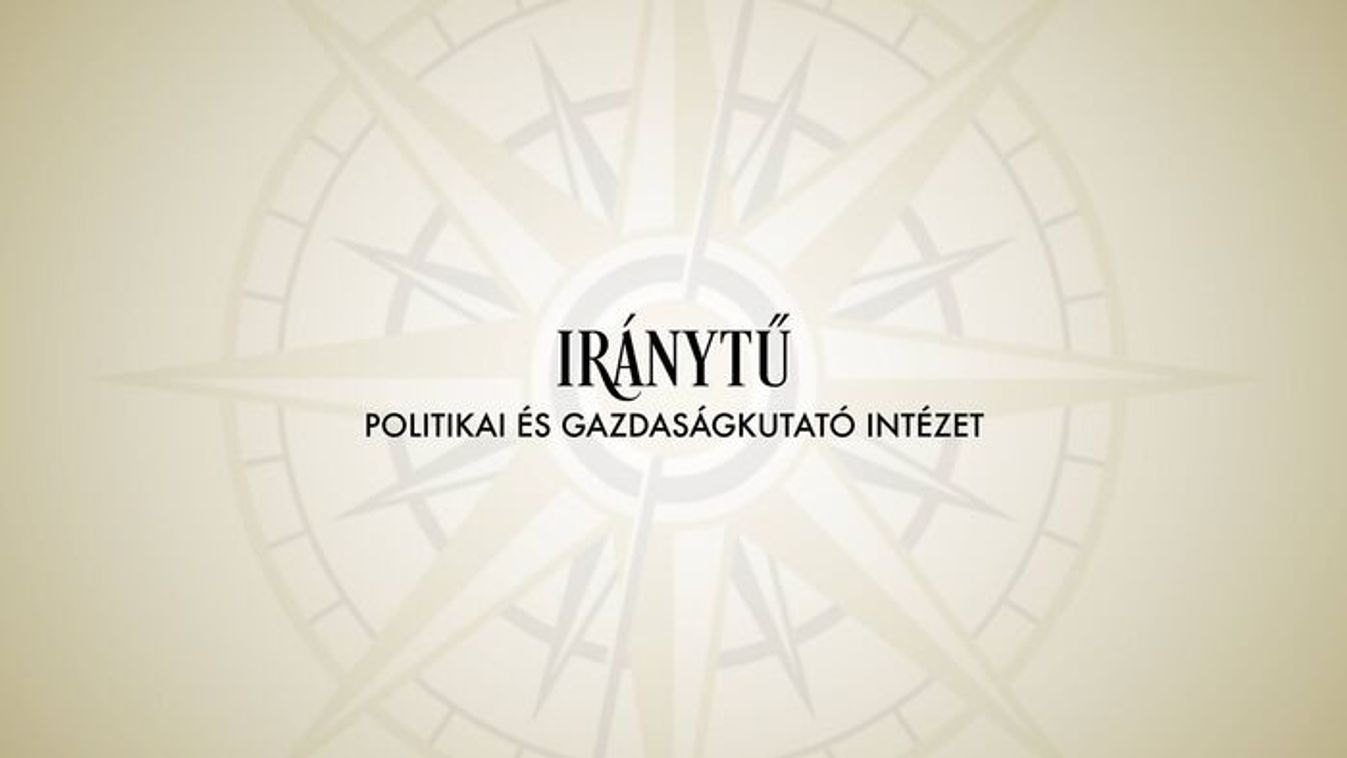„In at least one nation, Hungary, democratic institutions are being undermined as we speak. One of Hungary’s major parties, Jobbik, is a nightmare out of the 1930s: it’s anti-Roma (Gypsy), it’s anti-Semitic, and it even had a paramilitary arm. But the immediate threat comes from Fidesz, the governing center-right party.
Fidesz won an overwhelming Parliamentary majority last year, at least partly for economic reasons; Hungary isn’t on the euro, but it suffered severely because of large-scale borrowing in foreign currencies and also, to be frank, thanks to mismanagement and corruption on the part of the then-governing left-liberal parties. Now Fidesz, which rammed through a new Constitution last spring on a party-line vote, seems bent on establishing a permanent hold on power.
The details are complex. Kim Lane Scheppele, who is the director of Princeton’s Law and Public Affairs program — and has been following the Hungarian situation closely — tells me that Fidesz is relying on overlapping measures to suppress opposition. A proposed election law creates gerrymandered districts designed to make it almost impossible for other parties to form a government; judicial independence has been compromised, and the courts packed with party loyalists; state-run media have been converted into party organs, and there’s a crackdown on independent media; and a proposed constitutional addendum would effectively criminalize the leading leftist party.
Taken together, all this amounts to the re-establishment of authoritarian rule, under a paper-thin veneer of democracy, in the heart of Europe. And it’s a sample of what may happen much more widely if this depression continues.”










